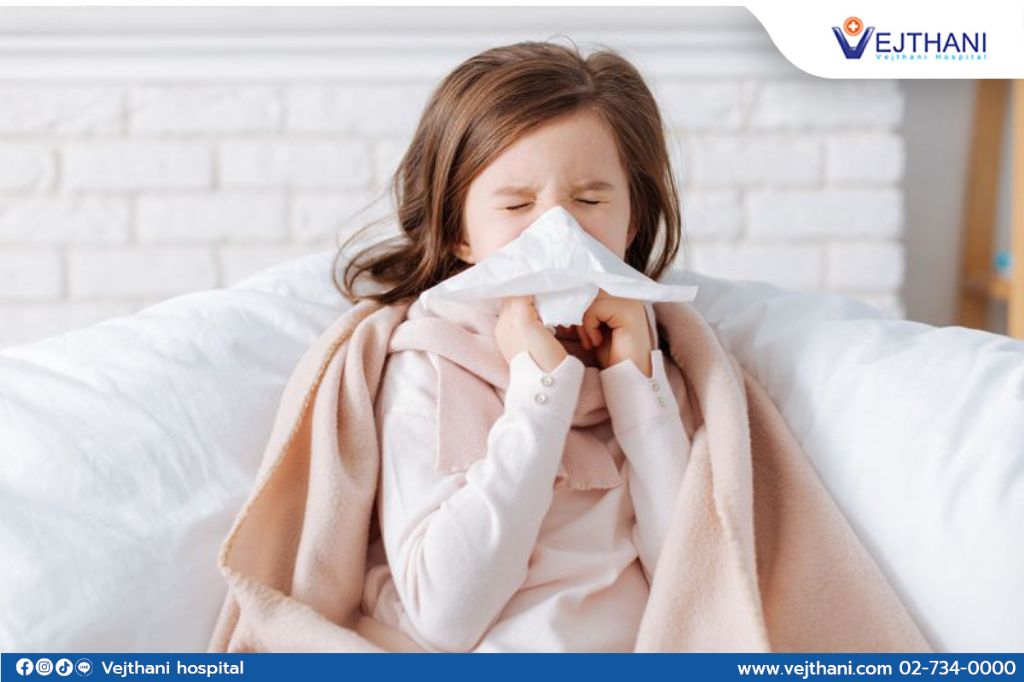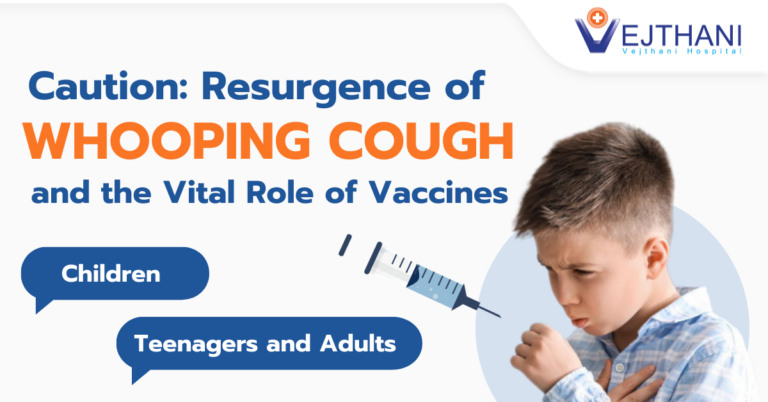

Weather change usually brings the respiratory illnesses – most commonly cough, stuffy nose, runny nose. But sometimes it is difficult to determine whether the illness is the flu or a common cold. So let’s see the difference between these two seasonal respiratory illnesses, and how can we be sure which one our beloved child have?
The common cold is a viral infection that affects the upper respiratory tract (nose and throat). It’s generally not considered serious. The symptoms may include;
- Fever
- Hacking cough
- Runny or stuffy nose
- Sneezing
- Fatigue
Influenza (Flu) is a viral infection caused by the influenza virus that affects the entire respiratory system. Flu A and B are the two main types that routinely spread in humans. The flu is worse than the common cold, and symptoms are more intense.
- High fever
- Dry cough and sore throat
- Runny nose
- Fatigue
- Muscle aches
- Loss of appetite
- Nausea and vomiting
- Shaking chills
- Some people may have diarrhea
Risk Factors
- Age: seasonal influenza tends to target young children and older adults.
- Chronic illnesses: such as such as asthma, diabetes, or heart disease.
- Pregnancy: pregnant women are more likely to develop influenza.
However, if your beloved child has a high-grade fever with other emergency signs like trouble breathing, vomiting, diarrhea or not urinating. Seek urgent medical care and always follow prescribed medication and treatment. But if your child’s flu symptoms are getting worse, you can take them to a hospital before an appointment.
Protect Children with the Flu Vaccine
- Infants over 6 months can receive a flu vaccination.
- Children younger than 8 years old should get two doses of flu vaccine in the first year and then one shot yearly.
- Children over 8 years old should receive a yearly flu vaccine.
Moreover, we can help reduce our child risk of getting a common cold or flu by teaching them to wash their hands often, eating fresh, get plenty of sleep and get a vaccine every year.
- Readers Rating
- Rated 5 stars
5 / 5 ( Reviewers) - Spectacular
- Your Rating




























